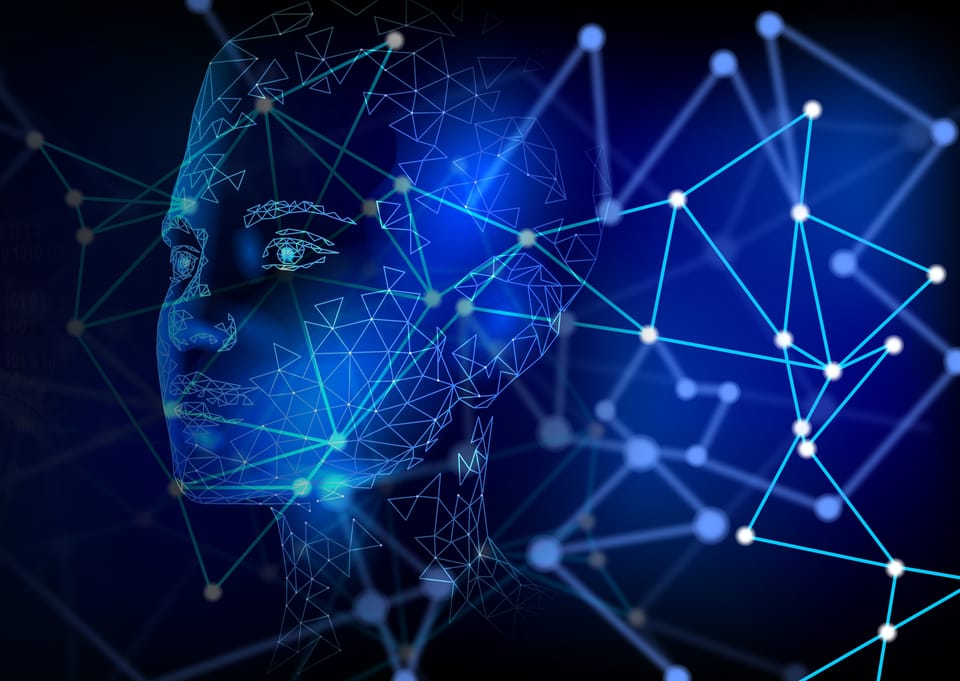Technology on trial: The case for responsible use of facial recognition in retail

The shoplifting crisis in retail chains across the globe has reached alarming levels, prompting stores to adopt intrusive technologies like face recognition to curb theft. While face recognition offers a high-tech approach to identifying repeat offenders, relying solely on this technology presents several challenges such as human errors in updating the face ID database, false positives during detection, resulting in the incorrect flagging and blacklisting of customers – that too without their knowledge. While advanced technological interventions such as face recognition are required, retailers must ensure that they use the correct technology solution and provide evidence to substantiate any actions taken with robust and reliable evidence.
Human errors in updating the face ID database
One critical issue with face recognition systems is the human element involved in maintaining and updating the database. If an innocent person's face is mistakenly added to the database as an offender, it can result in wrongful accusations and unnecessary confrontations. Implementing such advanced solutions that accuse customers without proper evidence is highly detrimental to the society at large.
Alleging customer misconduct without conclusive evidence can lead to serious consequences for retailers and service providers. Such actions risk damaging trust, exposing the business to legal liabilities, reputational harm, and potential regulatory scrutiny. Therefore, it is critical that any accusation is based on clear, verified facts and handled with due process.
A customer in distress
In a recent case, a security guard at a retail store in the UK marked a customer’s photo as a shoplifter using facial recognition solution. The problem is further aggravated as the same technology and its database is also used by a number of other retail chains. Thus, the solitary action by the security guard cascaded into a major challenge for the customer as she was disallowed into any retail store that has deployed the facial recognition solution.
What followed was a series of email follow-ups and complaints from the customer. The retail chain launched an inquiry into the incident and discovered that they did not have any video evidence of the crime having been committed. As a result, they admitted having committed an error and got the customer’s face ID removed from the face recognition database.
Clamour for banning facial recognition technology
Privacy concerns, bias, human errors, and false positives – potential for abuse, wrongful accusations, and incorrect flagging of individuals as offenders is high. Consequently, an increasing number of UK citizens have started raising their concerns and seeking a ban on the use of face-recognition technology.
However, the real issue is not with the face-recognition technology itself, but the lack of video evidence to support the addition of someone's face ID in the database.
The need for visual AI solutions
Visual AI can provide the necessary context and legally admissible video evidence to support face recognition technology, ensuring that only genuine offenders are flagged and added to the database. This underscores the importance of avoiding technology silos—retailers must adopt a complete and comprehensive solution that allows them to efficiently gather the necessary information before implementation. This is where SAI can provide valuable support.
Key features of SAI Group’s visual AI solution
SAI Group’s visual AI solution provides several key features that can significantly improve the effectiveness of face recognition technologies:
- Comprehensive Video Analysis: Offers in-depth video analysis to corroborate face recognition data, ensuring every flagged incident is backed by legally admissible video evidence.
- Real-time Monitoring: Provides real-time monitoring capabilities to promptly detect suspicious activities and provide immediate alerts, allowing store personnel to respond swiftly.
- Enhanced Accuracy: Combines face recognition with visual AI to significantly improve accuracy in identifying genuine offenders, minimizing the risk of false positives if the face recognition add-on is turned on.
- Data Integrity: Ensures the integrity of the face ID database, preventing human errors and maintaining accurate records of incidents and offenders.
- Customer Protection: Designed to safeguard innocent customers from wrongful accusations while protecting their rights and privacy.
In conclusion, while face recognition technology can be used to address the shoplifting crisis, retail chains must not view it as a standalone solution. The integration of visual AI solutions, such as the one from the SAI Group, can provide the necessary support to ensure accuracy, evidence-based identification, and protection for innocent customers. Retail chains must adopt a holistic approach, combining these technologies to create a secure, trustworthy, and efficient system that deters theft while respecting customer rights.
About SAI
As a leader in computer vision technology, SAI Group delivers cutting-edge, multi-modal AI solutions into retail environments. Using a unique platform approach, its technology uses existing camera systems to target losses, increase store safety, and underpin operational efficiencies.
All solutions are built from the ground up to ensure the highest levels of security and data protection, respecting the privacy expectations of the public and operating to stringent ethical standards while delivering substantial value to our clients. Globally, SAI monitors millions of transactions per day, protecting the revenues from tens of millions of product sales and hundreds of millions of customer interactions. Its models also accurately identify anti-social behaviour, aggression and violence, helping to de-escalate situations with real-time interfaces to security officers and operations centres.
